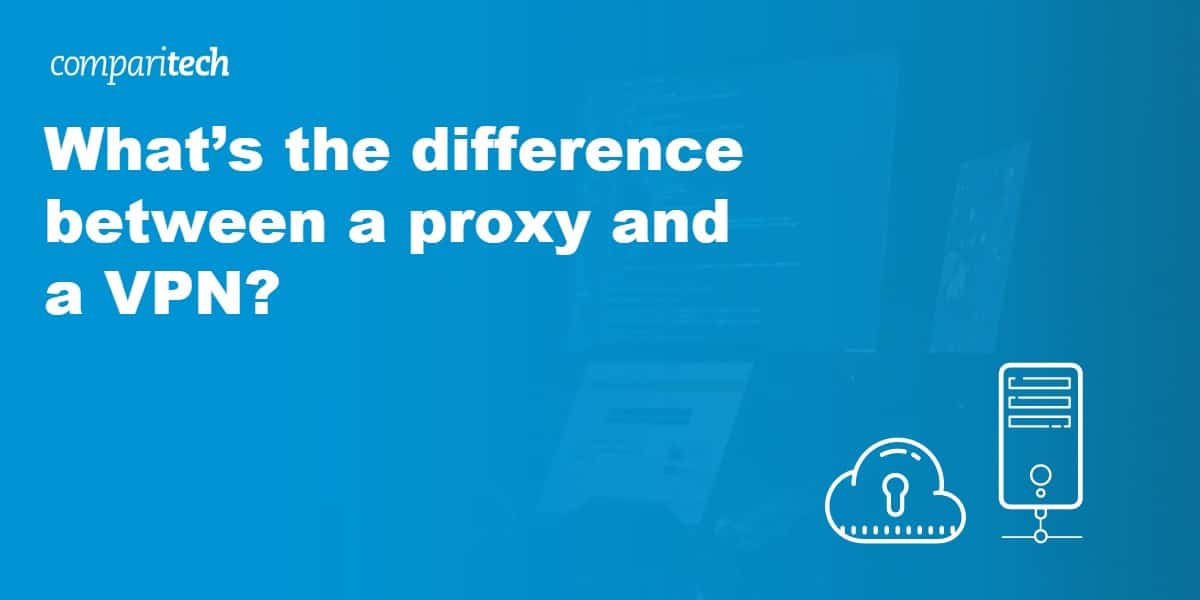Featured
Table of Contents
Proxy Vs. Vpn: Which One Is Suitable For You?
SOCKS5 is not the exact same as a VPN. Rather, SOCKS5 is a kind of proxy server that's generally utilized for online video gaming, sharing files or video talking on a single website or app. VPNs, on the other hand, secure all web activity throughout all sites and apps.
For this factor, some users pay for a personal proxy server which limits the number of users that access it, speeding up your connections. Proxies are also susceptible to security exploits: they can be open to attack, permitting the bad guys to infiltrate networks or steal personal data. Some proxies can still track (and shop) your browsing practices, as well as taping usernames and passwords rendering that pledge of privacy null.
VPNs utilize a regional customer to create the connection to the VPN server, so any local CPU or memory issues will slow down the connections. VPNs are typically more costly to use (and maintain) than a proxy server, and they are typically more complicated to handle. Much like proxy servers, VPNs can't guarantee anonymity while browsing.
Your information will be secured to the VPN, but from that point on, it might be unencrypted to the web server. For some sites, this might be unimportant: an information-only website with no login or payment options for example, but for any websites that need a login or online payments or any sensitive information make sure the site is made it possible for to utilize HTTPS.
Difference Between Proxies & Vpn
The greatest argument to utilize a VPN rather of a proxy is the overall encryption for all traffic you get with the VPN. Dollar for dollar, a VPN is more protected than a similarly priced proxy. VPN providers keep their own networks and you utilize their IP addresses for your connections.
Personal privacy and security matter nowadays, despite if it's your business data or your own personal data you require to safeguard. Make certain you're investing time and money into the right tools for your security objectives: both proxies and VPNs include an extra layer of security and personal privacy to your data.

If your issues are more around "what sites are my users hitting," a proxy server is a better tool. To get one of the most bang for the dollar (and to protect your data as a security-aware resident), register for a well-regarded VPN service. For the a lot of part, VPN services allow you to use servers in various places to work around content limitations.

If you're worried about your personal privacy when utilizing the web, you might have considered utilizing either a VPN or a proxy server. Both increase the security of your internet connection, but how precisely do they work, and how do they differ? If you are seeking to improve your online privacy, it's crucial to comprehend the distinction in between VPNs and proxy servers to ensure you're choosing the best tool for the job.
Difference Between Proxy & Vpn - What Should You ...
Normally, when web browsing, your computer links to a website straight and begins downloading pages for you to check out. When you use a proxy server, your computer sends out all web traffic to the proxy.
VPNs work on the operating system level. This suggests that they reroute all your traffic, whether coming from your web browser or an app. They likewise secure traffic in between the web and your device. As a result, your Internet Service Provider (ISP) can't see what you're doing online just that you're connected to a VPN server.


While speeds vary from service provider to provider, VPNs are normally the much faster option. It isn't an excellent idea to utilize a totally free VPN service since they are limited in what they can provide and tend to mine your data. As a result, users tend to choose paid-for VPNs, which provide greater information encryption and are more secure.
This means that, in general, VPNs tend to be the more costly choice. VPNs deal with the operating system level and reroute all your traffic through a VPN server, while proxies deal with the application level and just reroute the traffic of a particular app or browser. This suggests that VPNs encrypt all web activity, regardless of website or app, while proxy servers just hide one website or app at a time.
The Difference Between A Vpn And A Web Proxy
Proxy servers aren't simply used to open particular websites. Particular companies business, schools, or libraries or maybe parents might desire to set up a transparent proxy to block or filter users' content when utilizing the web.
Latest Posts
The Best Vpns To Protect Yourself Online
Smartphone Vpns: What You Need To Know
The 5 Best Vpn Services For The Bay Area